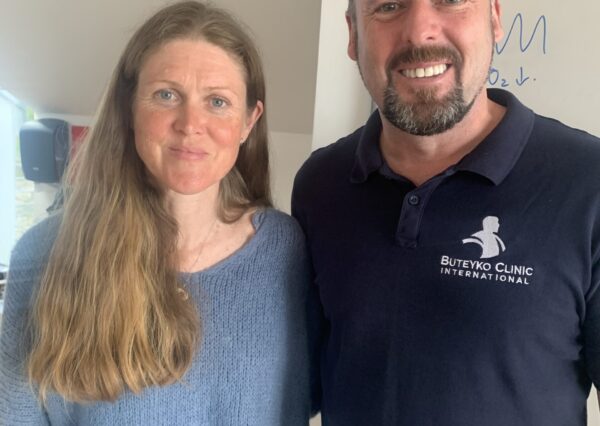Neuro Frontiers Membership
Ever feel as though you're not reaching your true potential?
Are you lacking guidance and support for your best route to better brain function and performance?
Join Neuro Frontiers to:
• Learn about your brain
• Advance your journey
• Be your best

Where there are answers there is hope!
Neuro Frontiers aims to bring answers and hope; increasing quality of life by translating neuroscience into the practical solutions you need.
How we can help you.
Information on these interventions and treatments for better brain function.
Information and resources for an Anti-Neuro-Inflammatory diet and lifestyle.
View our instructions, video and information on the Exchange Breathing Method.
Understand how various conditions can benefit from neuroplasticity therapies.
Latest news.
From the frontier.
Testimonials.
What our clients say about us.

Testimonials.
What our clients say about us.















